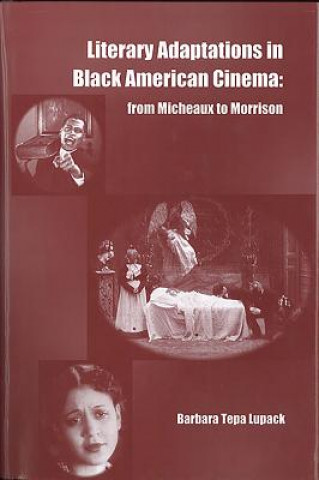
Kód: 04822562
Literary Adaptations in Black American Cinema:
Autor Barbara Tepa Lupack
"...A fascinating comprehensive journey...thoroughly recommended" - Black Filmmaker. The cinematic representation of blacks, especially in silent and early film, was shaped not only by the sentimental racism of the culture but als ... celý popis
- Jazyk:
 Angličtina
Angličtina - Vazba: Pevná
- Počet stran: 578
Nakladatelství: Boydell & Brewer Ltd, 2002
- Více informací o knize

4138 Kč
Dostupnost:
50 % šance Máme informaci, že by titul mohl být dostupný. Na základě vaší objednávky se ho pokusíme do 6 týdnů zajistit.
Máme informaci, že by titul mohl být dostupný. Na základě vaší objednávky se ho pokusíme do 6 týdnů zajistit.Prohledáme celý svět
Mohlo by se vám také líbit
-
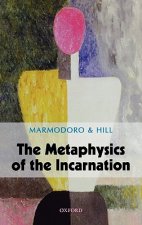
Metaphysics of the Incarnation
5697 Kč -

Linked Labor Histories
1016 Kč -

Writer & The Ghostwriter
829 Kč
Dárkový poukaz: Radost zaručena
- Darujte poukaz v libovolné hodnotě a my se postaráme o zbytek.
- Poukaz se vztahuje na celou naši nabídku.
- Elektronický poukaz vytisknete z e-mailu a můžete ihned darovat.
- Platnost poukazu je 12 měsíců od data vystavení.
Informovat o naskladnění knihy
Zadejte do formuláře e-mailovou adresu a jakmile knihu naskladníme, zašleme vám o tom zprávu. Pohlídáme vše za vás.
Více informací o knize Literary Adaptations in Black American Cinema:
Nákupem získáte 414 bodů
 Anotace knihy
Anotace knihy
"...A fascinating comprehensive journey...thoroughly recommended" - Black Filmmaker. The cinematic representation of blacks, especially in silent and early film, was shaped not only by the sentimental racism of the culture but also by the popular literature which distorted black experience and restricted black characters to minor, stereotyped roles. By contrast, in the works of black writers from Oscar Micheaux to Toni Morrison, the black experience has been more fully, more accurately, and usually more sympathetically realized; and from the early days of film, select filmmakers have looked to that literature as the basis for their productions. An historical examination of the practice of such adaptation offers telling insights into the portrayal - and progress - of blacks in American movies and culture. It reveals that while blacks, on screen and behind the scenes, were often forced to re-create the demeaning film stereotypes, they learned how to subvert and exploit the artificiality of their caricatures. It also reveals the ways that black filmmakers, beginning with Micheaux, Noble and George Johnson, and their less prominent colleagues like Emmett Scott, worked within the conventions of cinema and society, yet managed to produce films that were, at their best, unconventional and pioneering. It demonstrates that as far back as the 1920s and 1930s, black authors like Paul Laurence Dunbar and Langston Hughes already recognized the need for involvement with film production in order to create pictures that were more representative of black life. It illustrates the fact that, in recent years, as more black voices found their way to the screen, among the strongest were the voices of women. And above all, it confirms that within the rich tradition of black literature of all genres lie many exciting cinematic possibilities for audiences of all colors. Barbara Tepa Lupack has written extensively on the topic of literary adaptations in cinema and is co-author (with Alan Lupack) of "King Arthur in America".
 Parametry knihy
Parametry knihy
Zařazení knihy Knihy v angličtině Society & social sciences Society & culture: general Social groups
4138 Kč
- Plný název: Literary Adaptations in Black American Cinema:
- Podnázev: From Micheaux to Morrison
- Autor: Barbara Tepa Lupack
- Jazyk:
 Angličtina
Angličtina - Vazba: Pevná
- Počet stran: 578
- EAN: 9781580461030
- ID: 04822562
- Nakladatelství: Boydell & Brewer Ltd
- Hmotnost: 1092 g
- Rozměry: 229 × 152 × 41 mm
- Datum vydání: 08. August 2002
Oblíbené z jiného soudku
-

Women Who Run with the Wolves
239 Kč -

Freedom Writers Diary
275 Kč -

Think Like a Monk
441 Kč -

Orientalism
306 Kč -
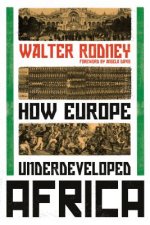
How Europe Underdeveloped Africa
531 Kč -
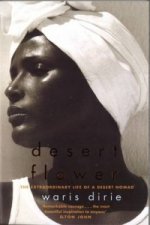
Desert Flower
286 Kč -
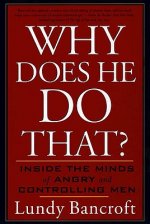
Why Does He Do That?
401 Kč -

Letters to a Young Muslim
303 Kč -
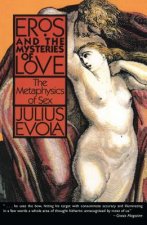
Eros and Mysteries of Love
407 Kč -

Life After Darkness
512 Kč -

Puer Tea
772 Kč -
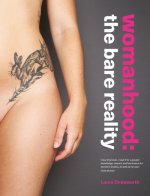
Womanhood
605 Kč -

JFK - 9/11
734 Kč -

Complete Book of Pilates for Men
447 Kč -

Gypsy Identities 1500-2000
1641 Kč -
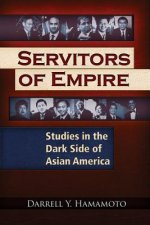
Servitors of Empire
477 Kč -

Colloquial Yiddish
1683 Kč -

Sword of No-sword
646 Kč -

Gerotranscendence
3473 Kč -
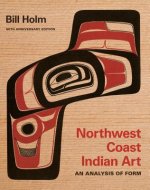
Northwest Coast Indian Art
702 Kč -

Qur'an
811 Kč -
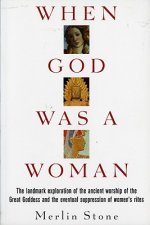
When God Was A Woman
498 Kč -

The Mastery of Love
306 Kč -

Vintage Menswear
435 Kč -
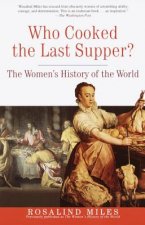
Who Cooked the Last Supper?
429 Kč -

Women Who Run With The Wolves
410 Kč -
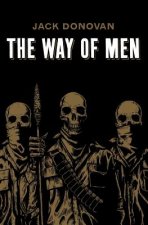
The Way of Men
332 Kč -
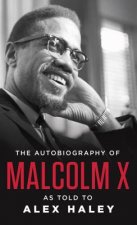
The Autobiography of Malcolm X
222 Kč -
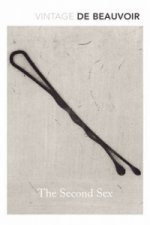
Second Sex
410 Kč -
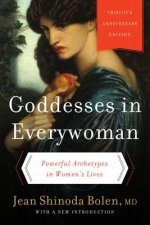
Goddesses in Everywoman
303 Kč -

Talking with Female Serial Killers - A chilling study of the most evil women in the world
276 Kč -

Intellectuals and Society
537 Kč -
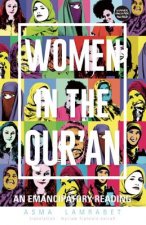
Women in the Qur'an
493 Kč -

Erotic Bondage Book
364 Kč -
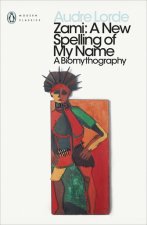
Zami
276 Kč -
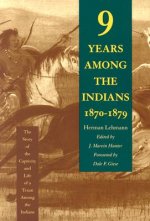
Nine Years among the Indians, 1870-1879
620 Kč -
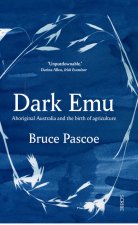
Dark Emu
410 Kč -
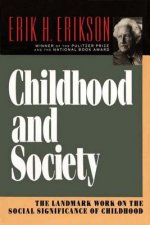
Childhood and Society
392 Kč -
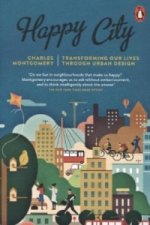
Happy City
303 Kč -
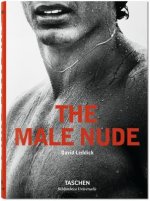
The Male Nude
481 Kč -
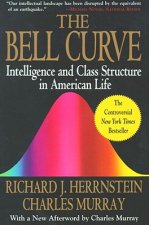
The Bell Curve
464 Kč -
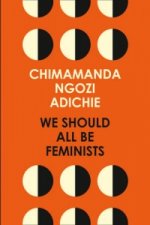
We Should All Be Feminists
213 Kč -
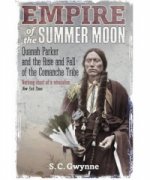
Empire of the Summer Moon
357 Kč -
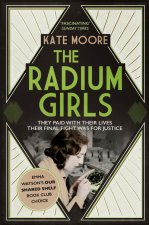
Radium Girls
276 Kč -

Dance of Anger
276 Kč -
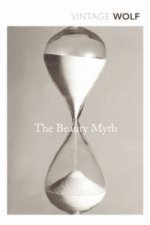
Beauty Myth
357 Kč -

Muqaddimah
541 Kč -
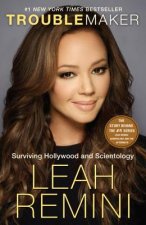
TROUBLEMAKER
363 Kč -
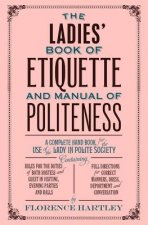
Ladies' Book of Etiquette and Manual of Politeness
306 Kč
Osobní odběr Praha, Brno a 12903 dalších
Copyright ©2008-24 nejlevnejsi-knihy.cz Všechna práva vyhrazenaSoukromíCookies


 Vrácení do měsíce
Vrácení do měsíce 571 999 099 (8-15.30h)
571 999 099 (8-15.30h)